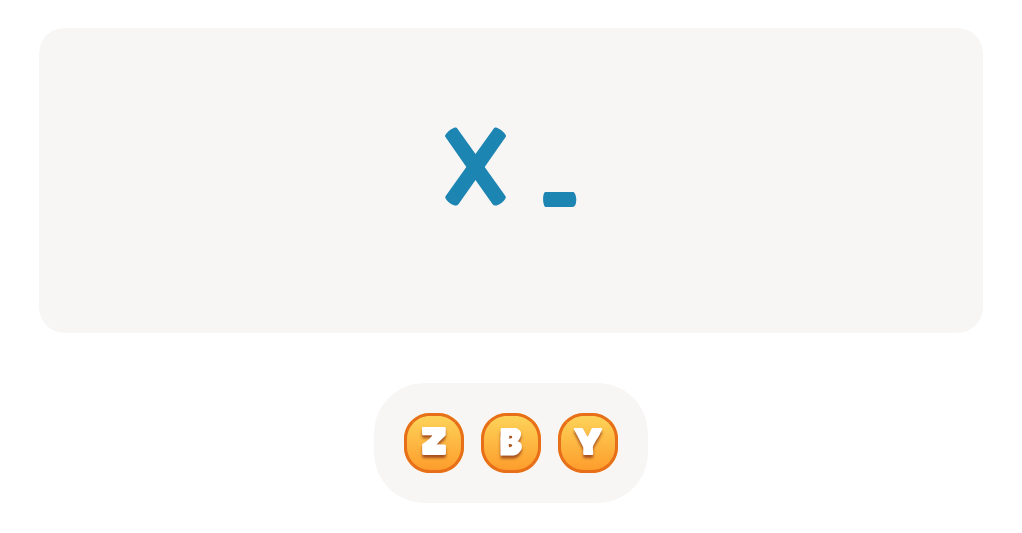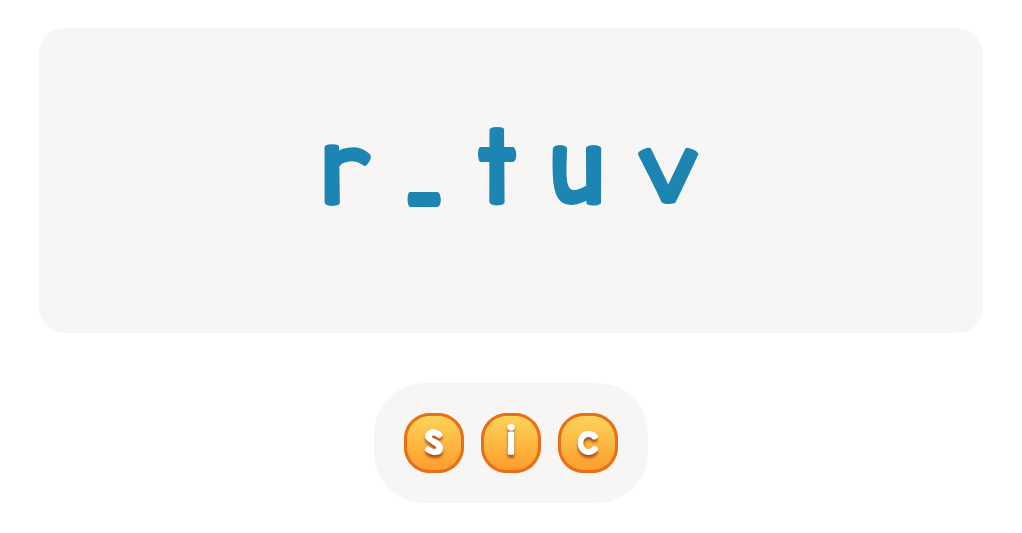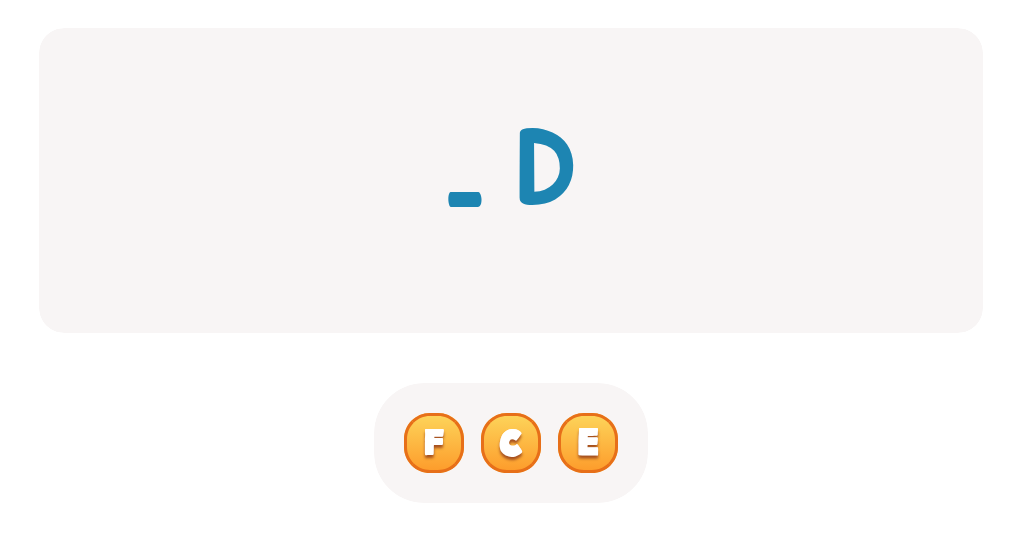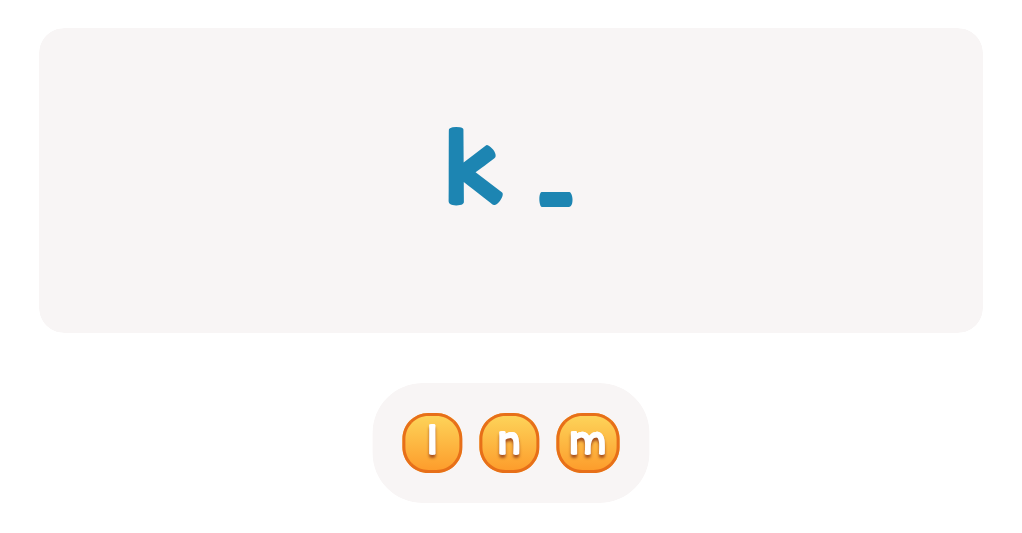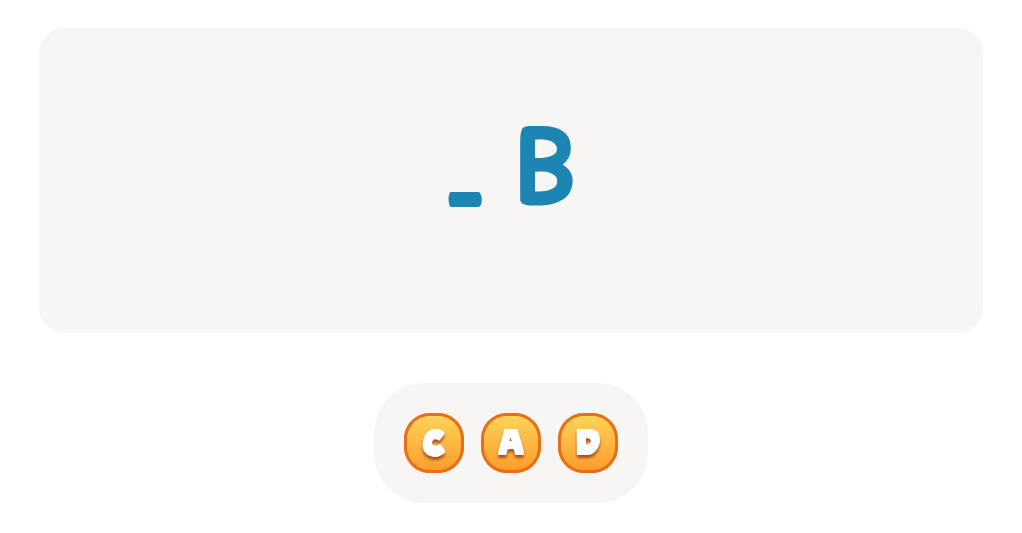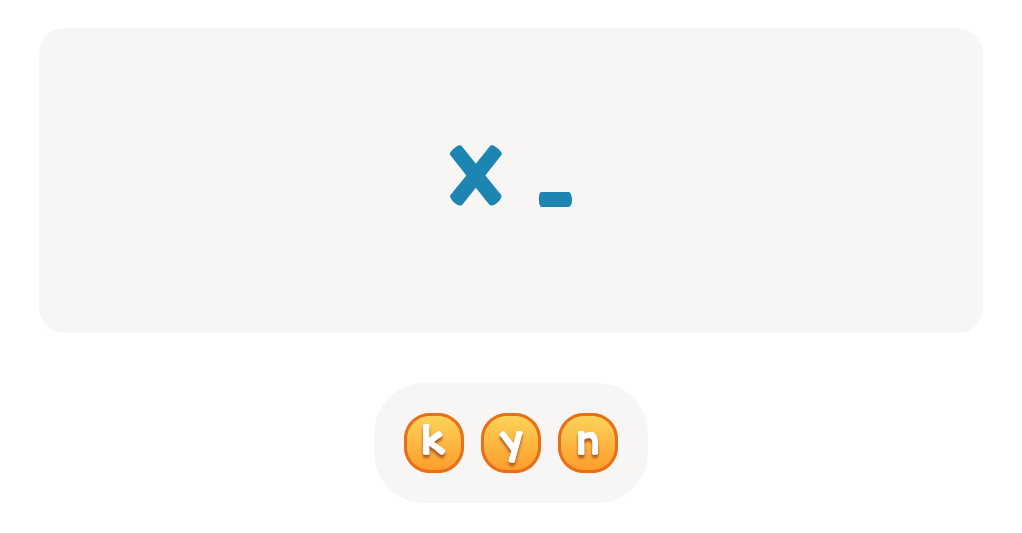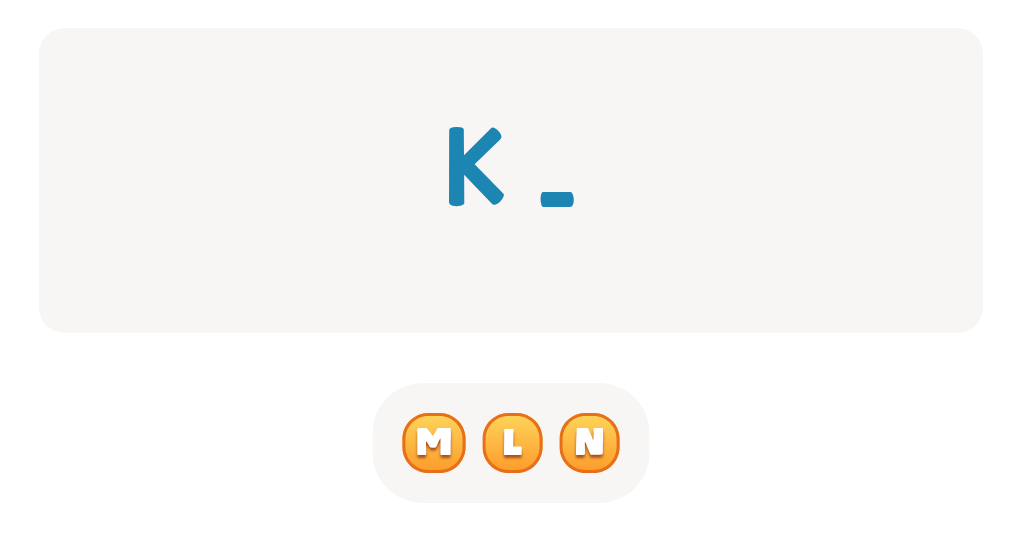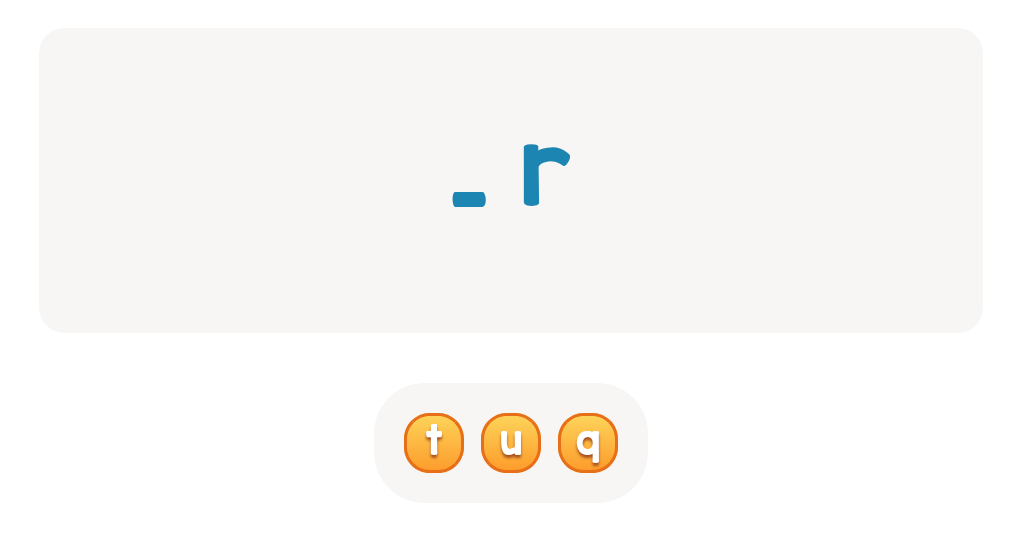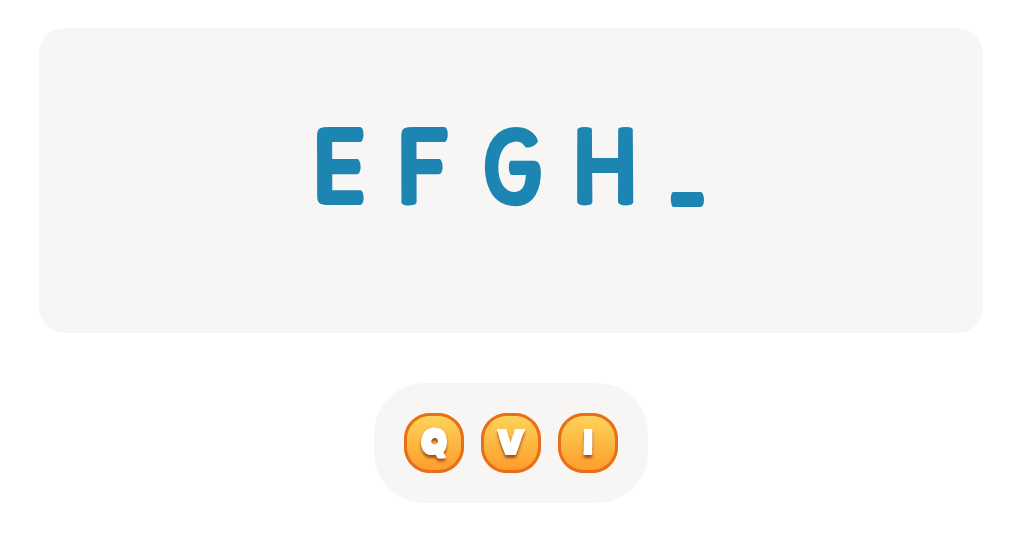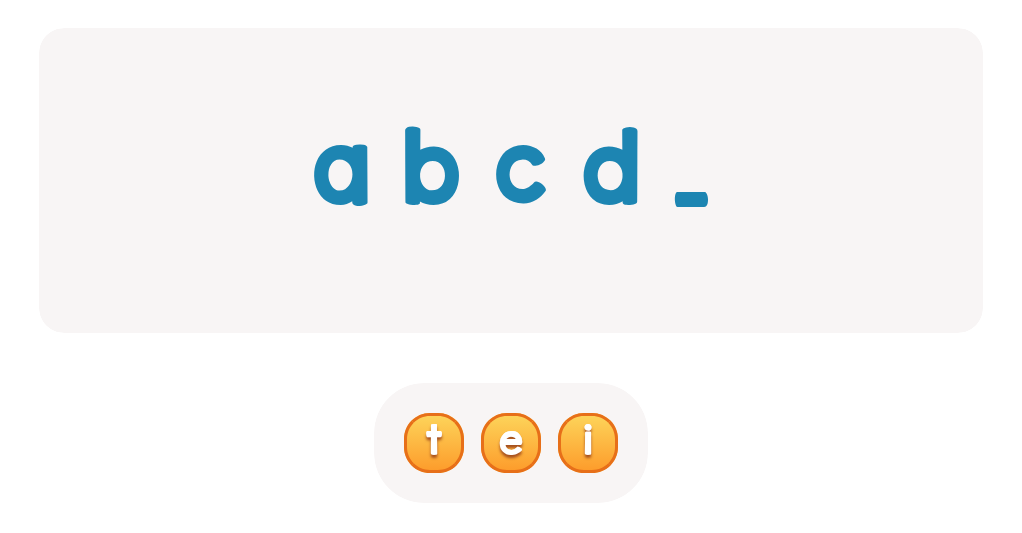Problem-Solving Skills Normal Upper & Lowercase Letters Worksheets for Ages 5-9
3 filtered results
-
From - To
Enhance your child's problem-solving skills with our engaging Upper and Lowercase Letters Worksheets designed for ages 5-9! These worksheets offer a fun and interactive way to develop essential literacy and critical thinking abilities as children learn to identify and differentiate between uppercase and lowercase letters. Each activity promotes cognitive development through challenging puzzles and engaging exercises that encourage young learners to think creatively and logically. Perfect for the classroom or at-home learning, our problem-solving worksheets empower kids to build confidence in their letter recognition while developing vital skills necessary for academic success. Download now and inspire a love for letters!
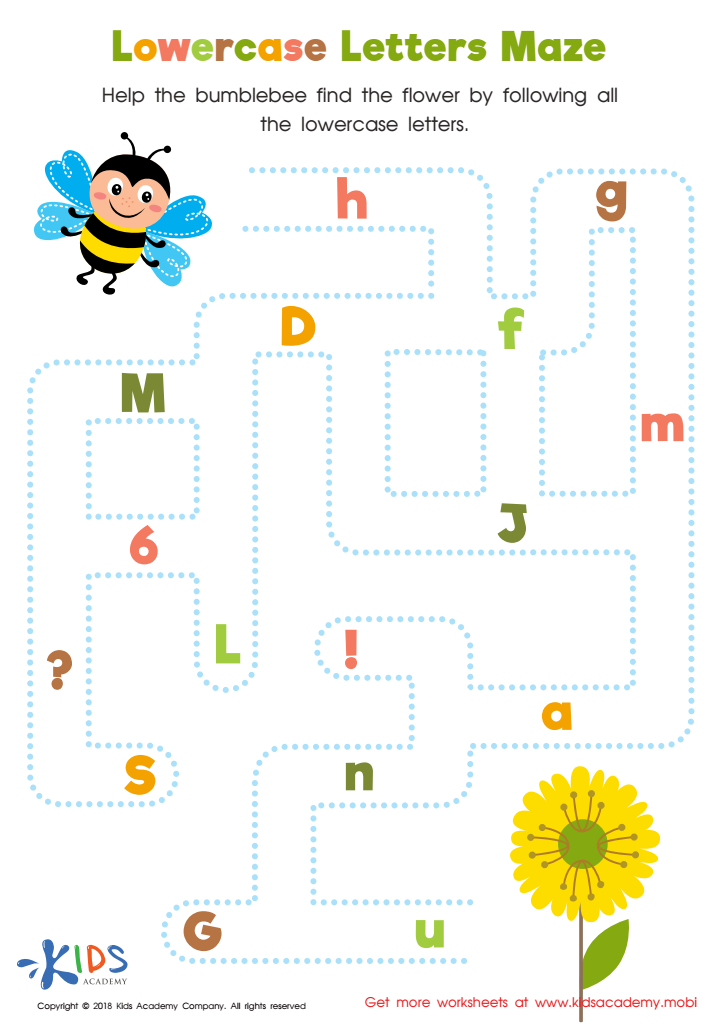

Lowercase Letters Maze Worksheet
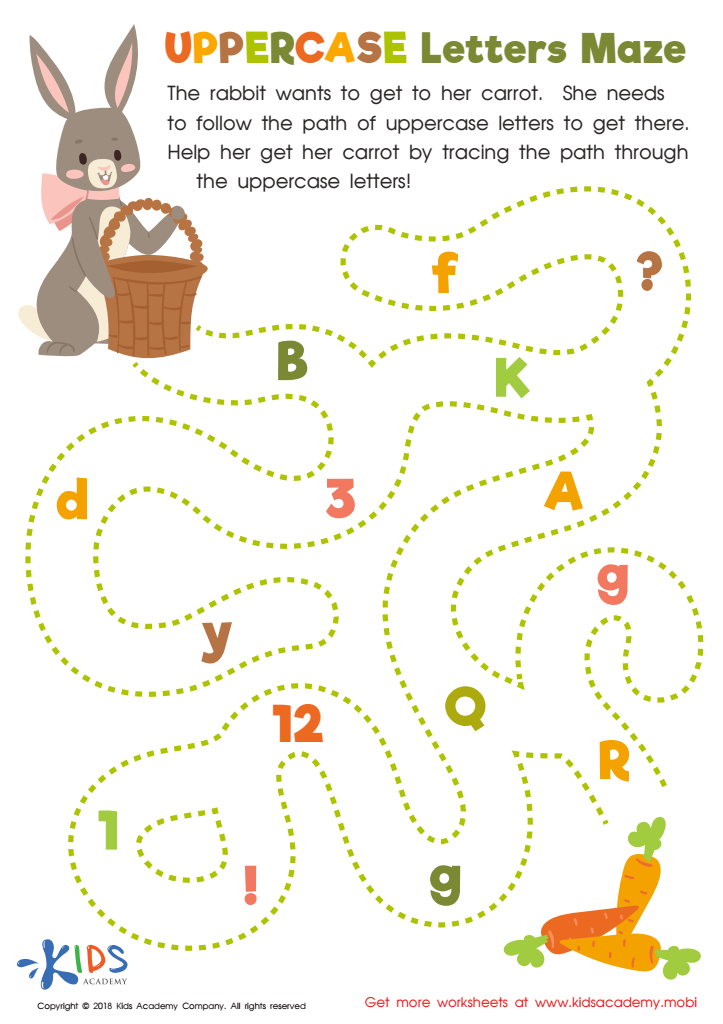

Uppercase Letters Maze Worksheet
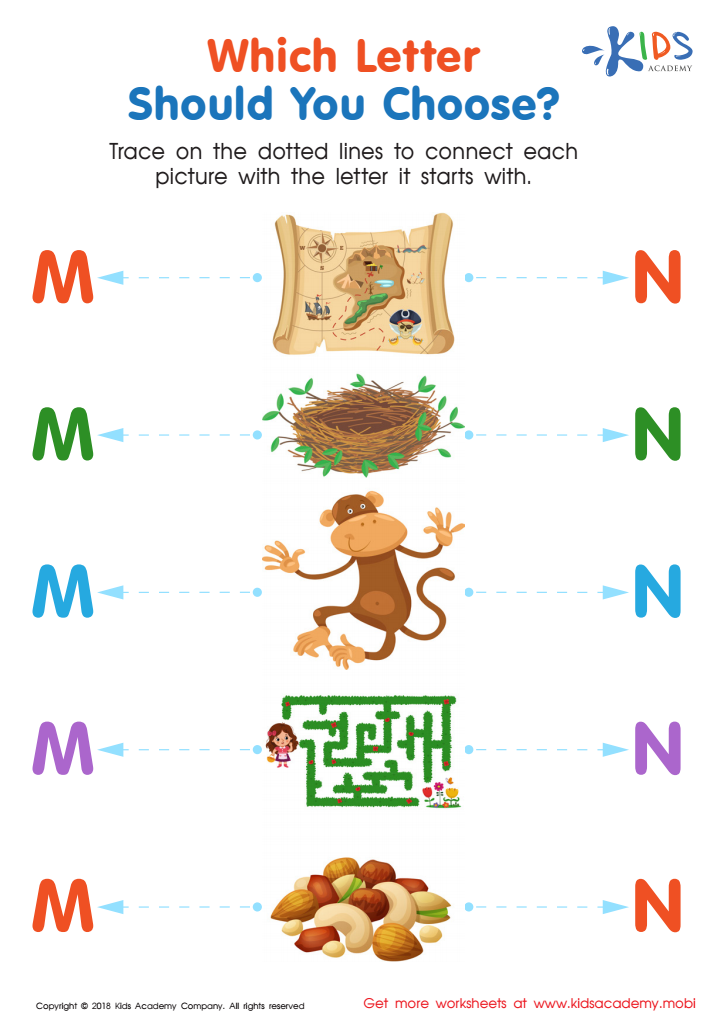

Which Letter Should you Choose? Worksheet
Problem-solving skills are essential for children aged 5-9, as they lay the foundation for critical thinking and life skills. When parents and teachers focus on developing these skills, they help children learn to analyze situations, think creatively, and make informed decisions. At this age, children are naturally curious and are exploring the world around them. Encouraging them to solve problems fosters independence and boosts their confidence.
By nurturing problem-solving skills, educators and caregivers prepare children for academic challenges and everyday situations. Kids who can navigate problems creatively tend to perform better in school and develop resilience. Instead of giving direct answers, adults can guide children through challenges, allowing them to formulate their own solutions. This practice not only enhances cognitive abilities but also teaches perseverance, as they learn that failure can be a stepping stone to success.
Additionally, strong problem solvers often exhibit better social skills, as they can negotiate and collaborate with peers effectively. By emphasizing problem-solving in a supportive way, parents and teachers can ensure that children develop into thoughtful and capable individuals who can tackle life’s complexities with confidence and creativity.
 Assign to My Students
Assign to My Students
